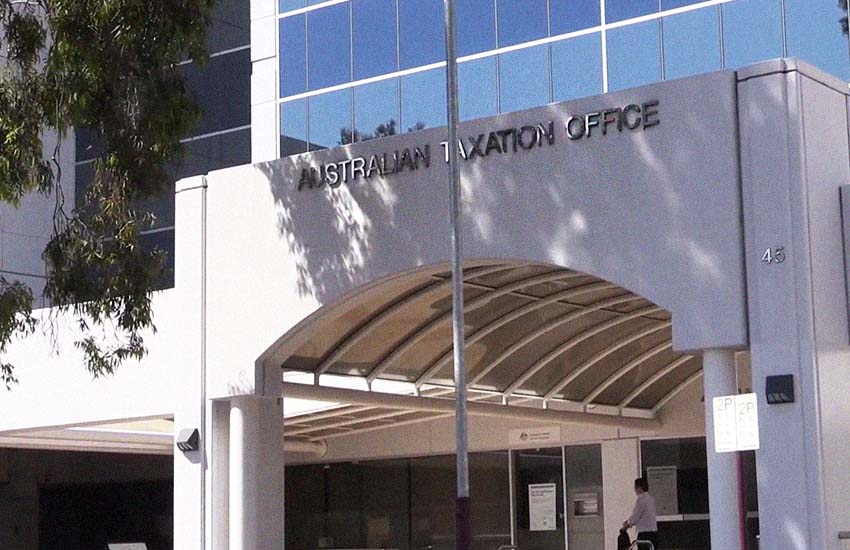ATO issues alert on imputation benefits and derivatives
RegulationA recent taxpayer alert on arrangements involving imputation benefits and derivative instruments demonstrates the importance of SMSFs seeking expert tax advice on complex investments, says an industry lawyer.

The ATO issued Taxpayer Alert TA 2020/5 this week which relates to arrangements involving an Australian taxpayer who already holds an existing long position in a portfolio of Australian shares acquiring additional parcels of Australian shares and, on the same day or around the same time, enters into derivative instruments which are a short position in relation to those additional shares.
The ATO said in the alert that it is reviewing arrangements that are intended to provide imputation benefits to Australian taxpayers in respect of a parcel of shares where, as a result of derivative instruments entered into as part of the arrangement, the taxpayer retains no or nominal economic exposure to the dividend and capital performance associated with that parcel of shares.
“While the derivative instruments themselves may differ, typically these arrangements result in the taxpayer having no or nominal economic exposure to both the dividend and capital performance associated with those additional shares,” it stated.
“Due to the taxpayer’s existing holding of Australian shares, the taxpayer calculates the delta of their overall net position to be greater than 0.3. That is, the taxpayer relies on an existing long position of Australian shares to purport to meet the substantive integrity rules in Division 1A of former Part IIIAA of the Income Tax Assessment Act 1936 (ITAA 1936) in relation to holding shares at risk for the purposes of claiming franking credits. This results in the taxpayer claiming franking credits in respect of both the existing Australian shares and the additional parcel of shares,” the ATO explained.
“Setting aside the original holding of Australian shares, these arrangements result in the taxpayer holding the additional parcel of Australian shares at no or nominal risk, such that the franking credits are generally the only return of significance relating to the additional Australian shares acquired.”
The ATO outlined that its concerns only relate to arrangements where the additional Australian shares are held with no or nominal economic exposure, due to matching short position being taken through a derivative instrument.
“We are concerned that Australian taxpayers involved in these arrangements may be claiming imputation benefits that they are not entitled to under the law,” it cautioned.
“Our concerns regarding these arrangements include instances where Australian taxpayers hold and acquire Australian shares directly or indirectly through a managed investment trust (MIT) or attribution managed investment trust.”
The Tax Office noted that one of the objects of the qualified person rules referred to in paragraph 207-145(1)(a) of the Income Tax Assessment Act 1997 (ITAA 1997) is that the benefits of imputation should only be available to the true economic owners of shares.
The ATO said it is currently reviewing these arrangements and engaging with taxpayers who have entered into or are considering entering into these arrangement
“Compliance activity and engagement will continue while we are developing our technical position on the arrangements,” it said.
Speaking to SMSF Adviser, DBA Lawyers director Daniel Butler said the ATO will likely undertake a more detailed investigation with certain institutions and suppliers before determining whether any entitlements with franking credits have been taken advantage of.
Where an SMSF has entered this type of arrangement, the ATO may decide the member is no longer entitled to their franking credit refund where they are in pension mode or the offset if they are in accumulation, Mr Butler warned.
Mr Butler stressed the importance of SMSFs seeking out expert tax advice, particularly where they are investing in complex investments such as derivatives.
“In this area of derivatives, there is risk, and one of the risks that should be front of mind is tax. Over the years, there have been a number of transactions, especially those involving derivatives where the tax risks have been there but haven’t been identified until down the track, and there’s an exercise like this where the ATO goes out and analyses it and says, hey, that’s not on — we’re going to unwind some of those tax benefits,” he explained.
“People need to go out and get advice. [With] top-name institutions and suppliers, you may not think to question it, but it is a valid question to ask whether they have a tax opinion or how the tax provisions [apply to that product].”




